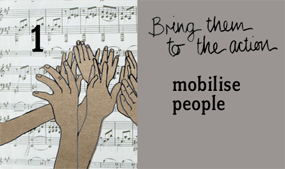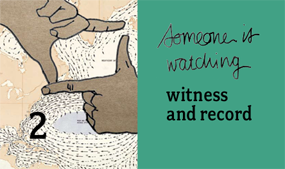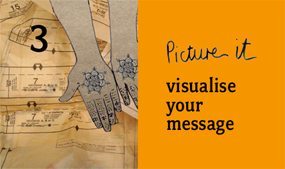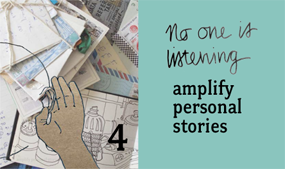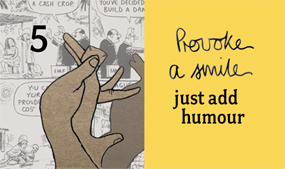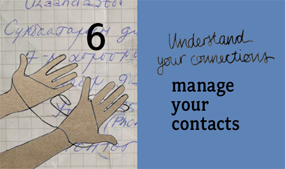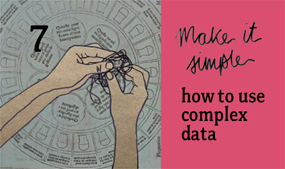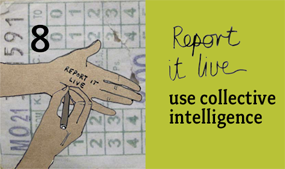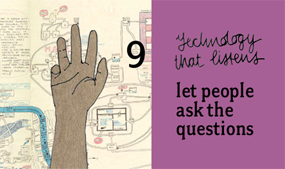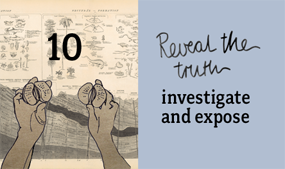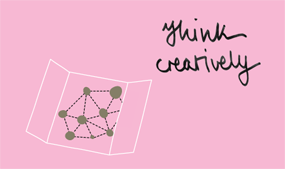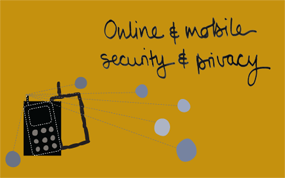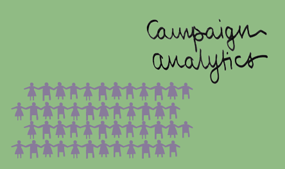Over the last four years, Chile has struggled to reform an outdated intellectual property law. Originally passed in 1970, the law exlcuded libraries and most importantly, digital material as well. A new act was proposed, act 17.336, to reform and update the outdated law. While everyone seemed to agree that the law needed to be updated, special interests and media companies fought to protect their own financial interests by advoacting that changes should be minimal. Chilean activists however, proposed reforms based on freedom of expression, creative commons, open culture and internet rights.
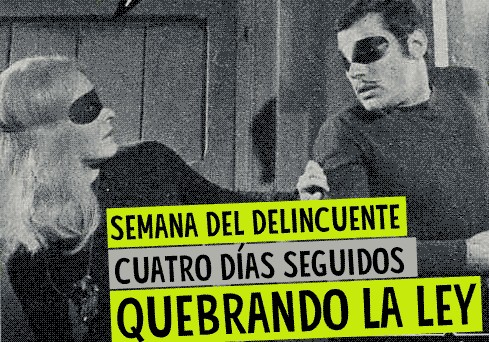
The debate over the reform led to mis-information and myths about proposed changes to the law, which required new ways to engage the media and activists around the country.
An NGO, Internet Rights Advocacy (ONG Derechos Digitales) lead the promotion of the 17.336 law reform with two main advocacy tactics: 1) direct lobbying in the Senate and through media outlets and 2) citizen involvement on the topics and law reform's relevance for common people's every day activities.
Claudio Ruiz, Director of ONG Derechos Digitales, identified specific audiences for the campaign, in order for it to be most effective. Instead of battling mass-media on their own platforms, the group durectly targeted advocates and activists instead.
One of the most effective outreach tools included the use of videos that explained the key points that the proposed new law would change in a direct, simple and attractive way. The video series was targeted to “the common person” in a light and fun way, and they were made accessible on YouTube and Vimeo, and on widely known Chilean blogs. Claudio Ruiz explains that the goal of the videos was to bring the topic to “Sunday table chats.”
The videos were produced at the lowest cost with help of video producers and artists that supported the cause. Jani Dueñas, a known radio announcer, was the main actor in the video series and helped make the proposed changes accessible and relevant to every day examples. For example, under the existing laws, it was illegal for someone to record an audio-book to share with the visually-impaired population, or in another example, a teacher would be considered in breech of copyright laws if they copied literature for their grammar class.
The video promotion activities included wide-spread social networking and targeted sharing with help of a few opinion leaders that favored the cause. Virtual events also took place, such as the “Delinquent Week”, in which articles and videos were published on a popular blog four days in a row stating that during those days people could collectively identify common activities that were illegal under the current copyright law.
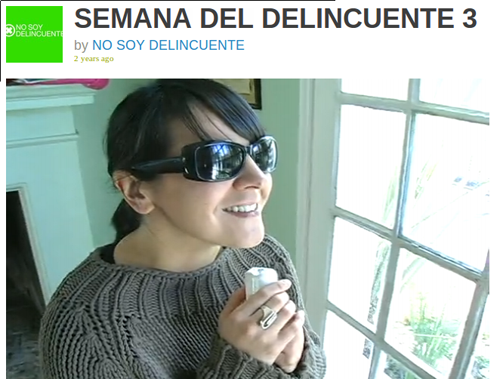
“No Soy un Delincuente” videos were seen by thousands of people, which helped enhance the overall popular knowledge of a complex and traditionally unpopular reform process. There were cases where, due to the videos and a viral campaign on social networks, opinion leaders and politicians got initial information from their family and friends forcing them to address the topic in-depth in media and congressional spaces.
In late 2009, after a long debate between senators and law reform promoters, the Chilean Congress passed the lastest version of the Intellectual Property law, now one of the most progressive legal frameworks in the world.
TOOLS USED: YouTube, Vimeo, blogs, Facebook and email
REACH: Chile
COST: minimum since the video recording and production equipment, space and workforce was donated by volunteers
RESOURCES: Computers, video camera, video actress, music for video and video editors
LEVEL OF DIFFICULTY: 2 out of 5. The most difficult thing is to achieve simple, direct and effective video
Story by Juan Casanueva




